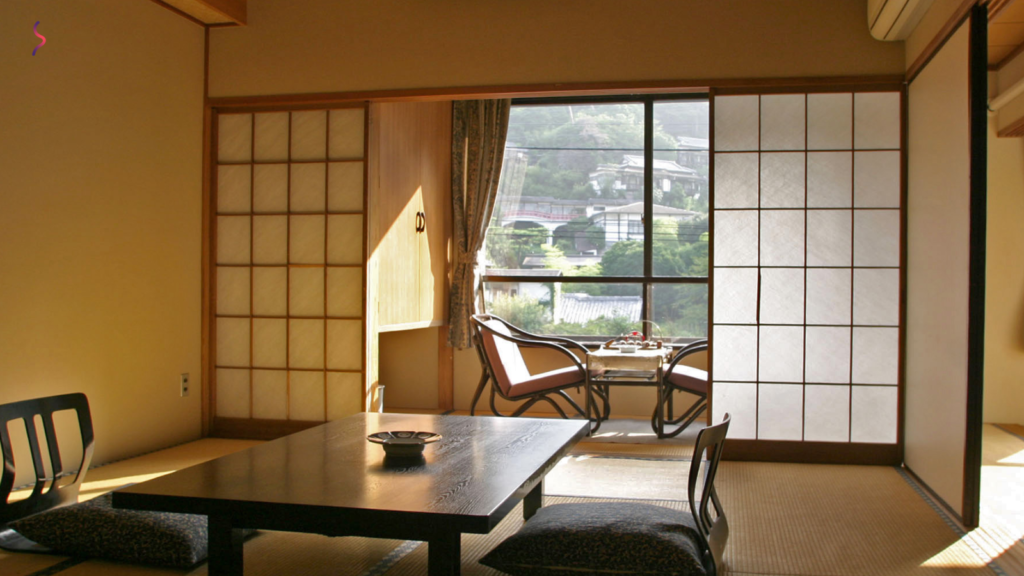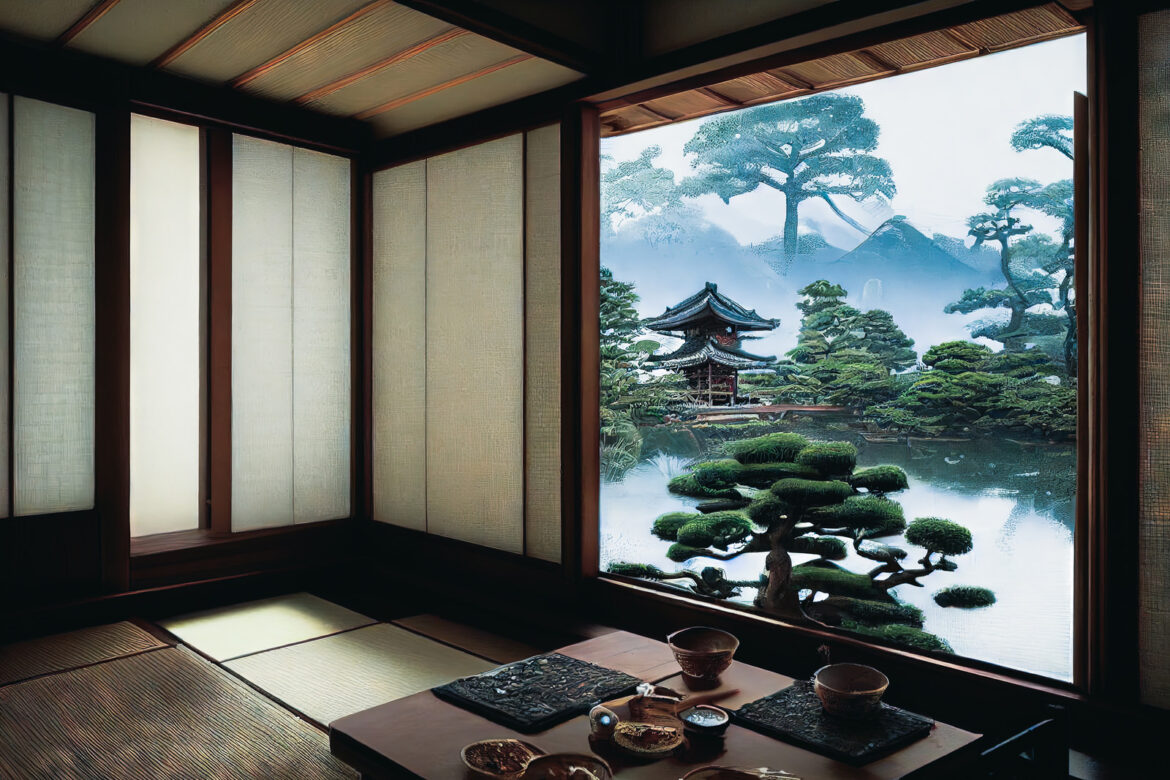Comfortable and smooth accommodation in Japan
Japan is renowned for its hospitality, cleanliness, and efficiency, making it an excellent destination for tourists seeking comfortable and smooth accommodation. This article will explore various aspects of staying in Japan, including types of accommodation, booking tips, and unique cultural practices that enhance the experience.
Types of Accommodation
Japan offers a wide range of accommodation options to suit different budgets and preferences. Here are some of the most popular types:
- Hotels:
- Luxury Hotels: Japan is home to many world-class luxury hotels offering top-notch amenities and services. Brands like Aman Tokyo, Park Hyatt Tokyo, and The Ritz-Carlton in cities like Tokyo, Kyoto, and Osaka provide unparalleled comfort.
- Business Hotels: These are budget-friendly and cater to business travelers. They are typically located near train stations and offer amenities like free Wi-Fi, breakfast, and compact but functional rooms. Examples include Toyoko Inn, APA Hotel, and Dormy Inn.
- Capsule Hotels: Unique to Japan, capsule hotels provide small, individual pods for sleeping. They are cost-effective and convenient for solo travelers. Notable ones include Nine Hours and Capsule Hotel Anshin Oyado.
- Ryokan:
- Traditional Japanese inns offering a cultural experience with tatami-mat rooms, futons, and communal baths (onsen). Many ryokans also serve kaiseki, a multi-course Japanese dinner. Famous ryokans include Gora Kadan in Hakone and Tawaraya in Kyoto.

- Minshuku:
- Family-run bed and breakfast-style accommodations, providing a more personal and homely experience. Guests can enjoy home-cooked meals and interact with the hosts, learning about local culture.
- Hostels and Guesthouses:
- Popular among budget travelers, hostels and guesthouses offer dormitory-style or private rooms at affordable rates. They often have communal spaces where travelers can meet and socialize. Examples include Khaosan Tokyo and J-Hoppers in Kyoto.
- Vacation Rentals:
- Platforms like Airbnb and Vrbo offer a variety of vacation rentals, from modern apartments to traditional houses. This option is ideal for families or groups seeking more space and the convenience of a kitchen.
Booking Tips
Securing accommodation in Japan can be straightforward if you follow these tips:
- Book in Advance:
- Popular destinations like Tokyo, Kyoto, and Osaka can get fully booked, especially during peak seasons (spring for cherry blossoms and autumn for fall foliage). Booking a few months in advance ensures better availability and rates.
- Use Reliable Booking Platforms:
- Websites like Booking.com, Agoda, Rakuten Travel, and Japanican offer a wide range of options with user reviews, making it easier to choose the right accommodation.
- Consider Location:
- Staying near major train stations or public transportation hubs makes it easier to explore the city. Areas like Shinjuku and Shibuya in Tokyo, and Gion and Kawaramachi in Kyoto are convenient and bustling with activity.
- Check Amenities and Services:
- Ensure the accommodation offers essential amenities like Wi-Fi, breakfast, and laundry facilities. For a more comfortable stay, consider places with added benefits like onsen baths, shuttle services, or concierge assistance.
- Be Aware of Check-in and Check-out Times:
- Standard check-in times in Japan are around 3 PM, and check-out is typically by 10 AM. Plan your arrival and departure accordingly, especially if you have early or late flights.
Unique Cultural Practices
Understanding and respecting local customs can enhance your stay in Japan:
- Omotenashi (Hospitality):
- Japanese hospitality is about anticipating guests’ needs and providing exceptional service. Hotel staff may go out of their way to ensure a pleasant stay, from personalized greetings to meticulous attention to detail.
- Shoes Off:
- In ryokans, minshukus, and some traditional guesthouses, you will be required to remove your shoes at the entrance. Slippers are usually provided for indoor use.
- Onsen Etiquette:
- If staying at a ryokan or a hotel with an onsen, familiarize yourself with onsen etiquette. This includes washing thoroughly before entering the communal bath, not soaking towels in the water, and maintaining a quiet atmosphere.
- Quiet Hours:
- Japanese culture values peace and quiet, especially during nighttime. Be mindful of noise levels in your accommodation, particularly in shared spaces like hostels or guesthouses.
- Tatami Rooms:
- When staying in a tatami room, avoid stepping on the tatami with shoes or slippers. Also, handle the futon bedding with care, as it is typically laid out and stored daily.
Conclusion
Staying in Japan can be a delightful experience, thanks to the country’s wide range of accommodation options, efficient booking systems, and unique cultural practices. Whether you choose a luxurious hotel, a traditional ryokan, or a budget-friendly hostel, understanding these aspects will ensure a comfortable and smooth stay. By respecting local customs and planning ahead, you can make the most of your visit and fully immerse yourself in the Japanese way of life.
